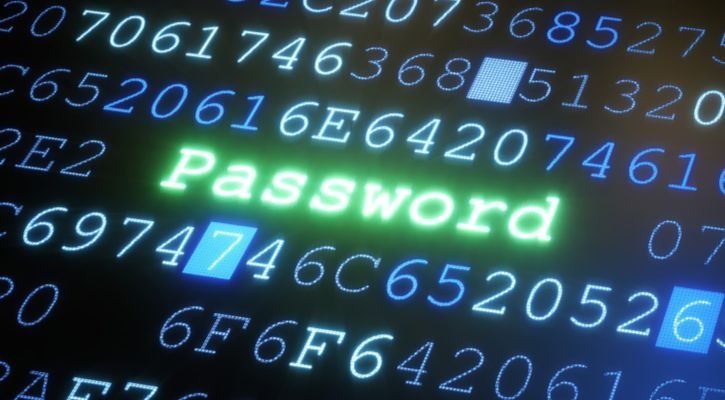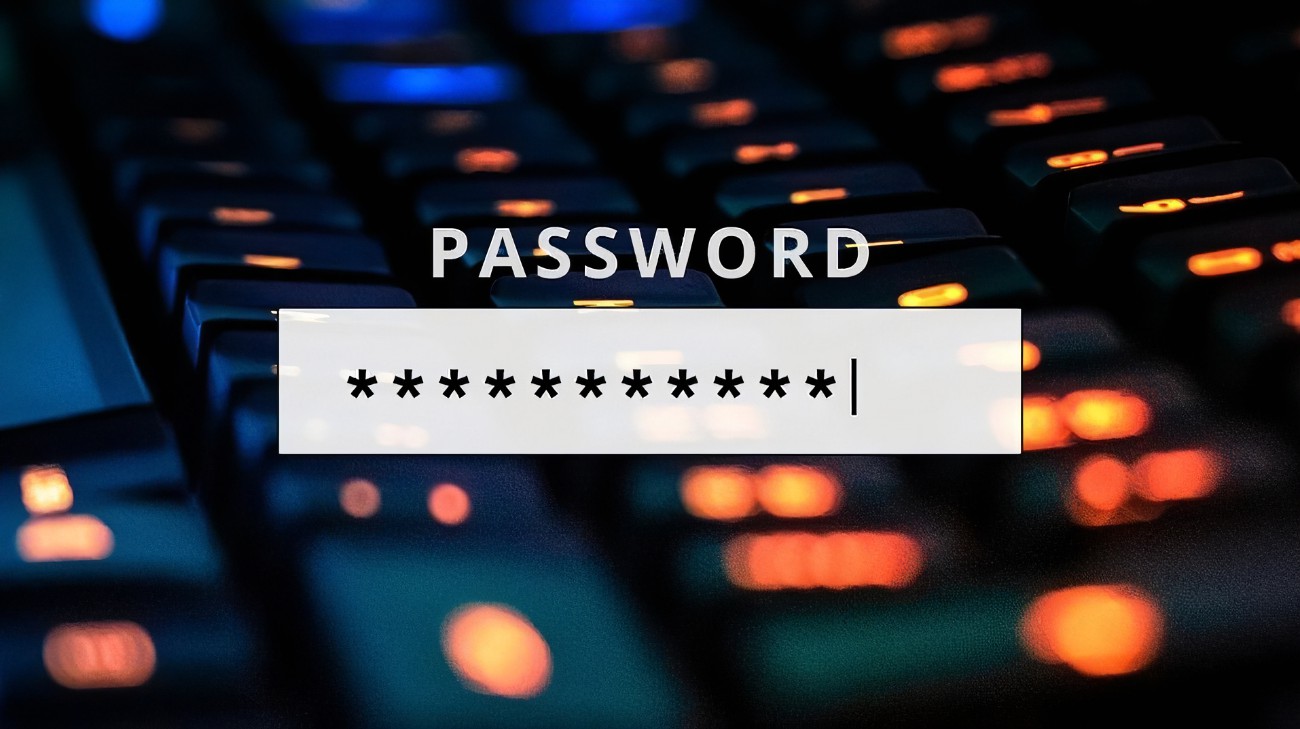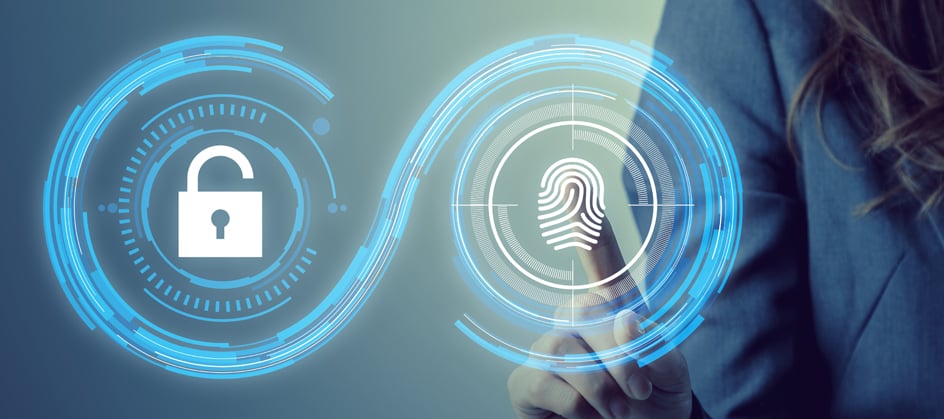The Importance of Password Management
As a business owner, you know that protecting your company's data and assets is critical. One important aspect of overall security is password...
2 min read
.jpeg) Michael Markulec
:
Oct 27, 2023 11:22:00 AM
Michael Markulec
:
Oct 27, 2023 11:22:00 AM

Passwords are the keys to our digital lives; the convenience of using a single password for multiple accounts can be tempting. After all, who wants to remember a laundry list of unique, complex passwords for every online service they use? But the convenience of password reuse comes at a steep price – the risk of security breaches and identity theft. In this blog, we'll explore the dangers of reusing passwords and the best ways to manage your credentials, geared toward the everyday technology user.
One of the most significant dangers of password reuse is that if one of your accounts is compromised, it can lead to a domino effect. Cybercriminals often sell or trade stolen login credentials on the dark web. If your reused password is part of that haul, it's only a matter of time before your other accounts are targeted.
Another danger is identity theft. Reusing passwords across multiple accounts can make you an easy target for identity thieves. With a single stolen password, they gain access to a treasure trove of personal information, which they can exploit for fraudulent activities, such as opening credit lines in your name or gaining unauthorized access to your bank accounts.
Reusing passwords also weakens your overall security. Each website and service has its security measures. Reusing passwords means that the security of your most essential accounts is only as strong as the weakest service where you've used that password. In essence, you're only as secure as your most vulnerable account.
Now that we understand the risks let's discuss some best practices for managing your passwords securely. First and foremost, you should use a password manager. Password managers generate unique passwords for each account and store them in a secure vault. You only need to remember one strong master password; the manager takes care of the rest.
When manually creating passwords, create complex and unique ones. Use uppercase and lowercase letters, numbers, and special characters. Avoid using easily guessable information like your name, birth date, or "password." Make your passwords long and unique.
Enable Two-Factor Authentication (2FA) whenever possible. Most online services now offer 2FA, providing an extra security layer. Even if a hacker has your password, they won't be able to access your account without the second factor, usually sent to your mobile device.
Regularly update your passwords, especially for sensitive accounts like email and banking. This minimizes the risk of a compromised password remaining a security threat for an extended period.
Avoid password hints that are easily guessable or can be found on your social media profiles. A determined attacker can exploit these clues to access your accounts.
Please stay tuned about the latest security threats and best practices. Cybersecurity is an ever-evolving field, and awareness of new risks can help you avoid potential hazards.
Monitor your accounts regularly for any suspicious activity. If you notice anything unusual, such as unrecognized logins or transactions, immediately secure your account and change your password.
In conclusion, the dangers of reusing passwords are clear and present in today's digital landscape. While it might be tempting for the everyday technology user to opt for convenience, the risks of compromised security and identity theft should not be underestimated. You can significantly bolster your online safety by implementing best practices, such as using a password manager, creating complex and unique passwords, and enabling two-factor authentication. Remember, in cybersecurity, an ounce of prevention is worth a pound of cure.

As a business owner, you know that protecting your company's data and assets is critical. One important aspect of overall security is password...

In today's digital age, online security has become a significant concern for businesses of all sizes. Cyberattacks are increasing, and small to...
.png)
2 min read
While many believe that small and medium-sized businesses (SMBs) are immune to cyberattacks, the truth is quite the opposite. SMBs are...